Frontrunners, kingmakers and disputes: Conclave begins
Closed inside the Sistine Chapel to cast their first ballots for a new pope, cardinals face a moment of truth after weeks of alliance-building and unusually blunt campaigning.
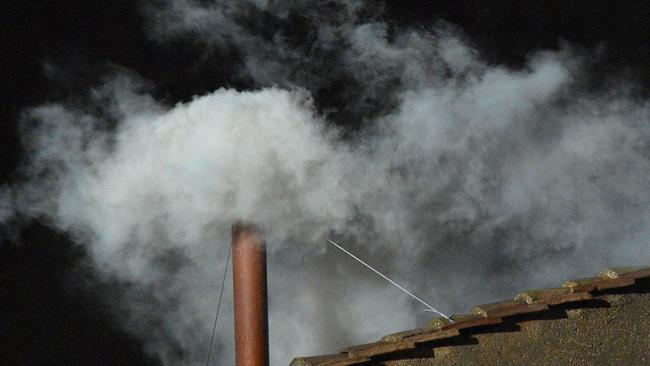
Closed inside the Sistine Chapel to cast their first ballots for a new pope, cardinals face a moment of truth after weeks of alliance-building and unusually blunt campaigning.
Cardinal Pietro Parolin, the Vatican’s No. 2 official and the frontrunner in the secretive election, will learn just how many of his brethren backed him as names are read aloud from ballots that will be burned after the first and only round of voting for the day.
A strong showing of 40 or more votes out of the gate could create enough momentum for Parolin, or a rival candidate, to eventually garner the 89 votes needed to succeed the late Pope Francis as the leader of the world’s 1.4 billion Catholics.

Interviews with cardinals and their confidants, however, reveal a wide-open race. Whatever support Parolin might have quietly amassed before Francis died has been severely tested as cardinals from around the world have converged in Rome for pre-conclave deliberations.
Parolin is seen by some cardinals as a reliable functionary, but not the charismatic voice sought by progressive electors nor the doctrinally sound option that conservatives want. Many have questioned Parolin’s lack of pastoral skills as well as his bluntness in barring another cardinal – Francis’ former chief of staff Angelo Becciu – from the conclave.
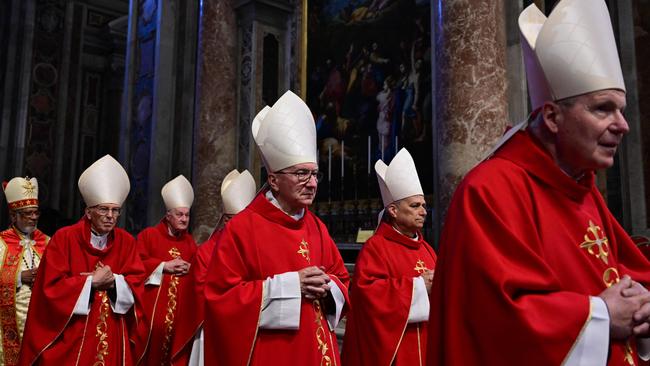
Cardinals have been meeting daily inside the Vatican’s Synod Hall, delivering speeches on issues ranging from the sacraments to world peace. They have also been consulting more discreetly over private dinners, where names of candidates are being floated.
The question on many cardinals’ minds – if Parolin doesn’t prevail in early rounds of voting – is who are the alternatives. Contenders include Cardinal Robert Prevost, an American who has developed an extensive network as the head of the Vatican office for bishops, and Cardinal Jean-Marc Aveline, archbishop of Marseilles.
Filipino Cardinal Luis Antonio Tagle was once among the favourites, but in recent days cardinals have indicated that Tagle’s star is fading.
Italian Cardinal Pierbattista Pizzaballa, the Latin patriarch of Jerusalem, and Cardinal Pablo Virgilio David, bishop of Kalookan in the Philippines, have both garnered praise for their powerful speeches in the pre-conclave meetings.
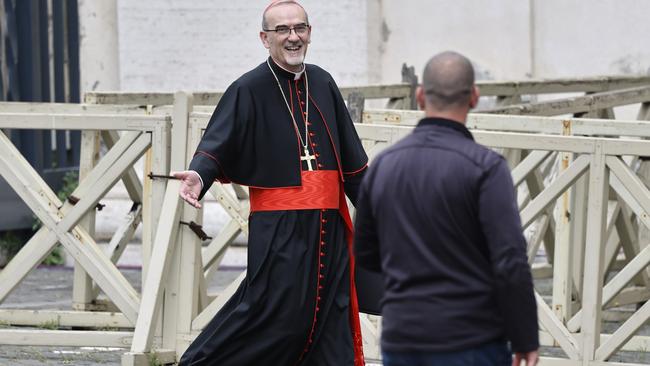
David is emerging as a “dark horse” contender. During a meeting of the General Congregations on Monday, David impressed his peers with his knowledge of the Bible in a speech that addressed justice and poverty.
Cardinal Ludwig Müller, the Vatican’s former enforcer of doctrine and an ideological conservative, said many cardinals were seeking a “clone” of Francis who can draw attention like the globetrotting pontiff.
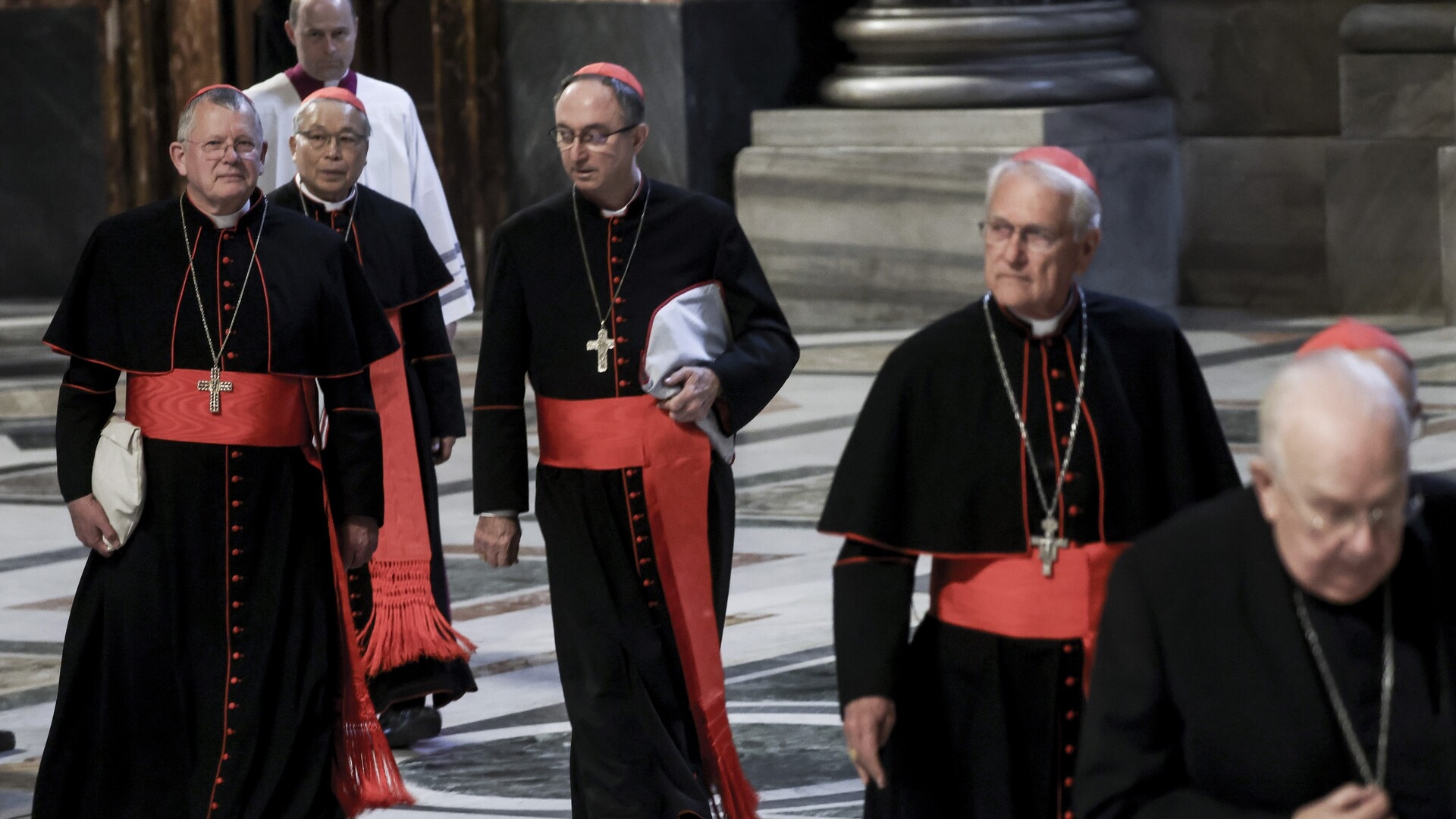
The German cardinal said pastoral skill is a key criteria for the next pope, but he cautioned against candidates who position themselves as “religious entertainers” to garner mass appeal.
Müller also cautioned cardinals against placing too much emphasis on the next pope’s ability to administer the Vatican’s government, the Curia, or to steer its extensive diplomatic operations. The next pope, he said, needs to have a strong command of church teachings and their underlying doctrines.
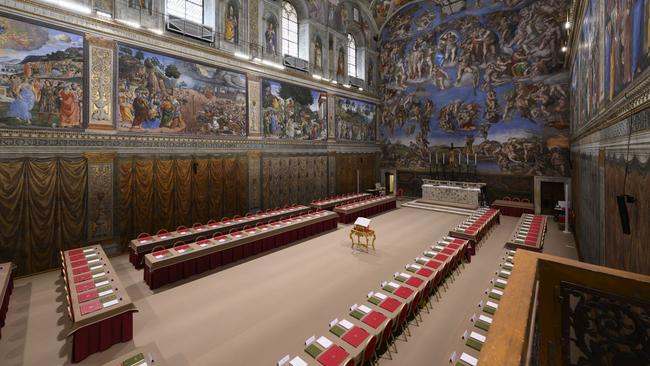
“Jesus didn’t send the church into the world to make diplomacy,” Müller said in an interview.
Part of the challenge facing any papal contender is that openly campaigning for the job is widely considered unbecoming of a future pope. That means cardinals have to subtly suggest they are up for the job – by kissing babies or delivering powerful sermons at Sunday Mass – without actually asking for votes.
The vote gathering, instead, falls to influential senior cardinals who have no chance of being elected. Even then, politicking carries risks.
One cardinal from the global south said he was shocked how openly some Italian cardinals were pushing Parolin.
“Some of them even came to me in the pre-conclave. They greeted me, said ‘Oh, good to see you.’ And then, ‘Please vote for him,’” he said.
Some ideological conservatives, who are outnumbered and struggling to find a viable candidate of their own, are likely to support Parolin, who they expect will pump the brakes on some of Francis’ more controversial programs, according to multiple people in contact with cardinals.
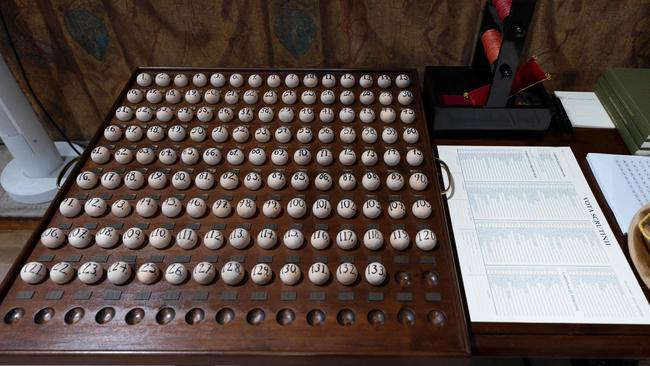
Beginning on Thursday, there will be four votes a day in the Sistine Chapel, two in the morning and two in the afternoon, until a new pope is elected.
During pre-conclave meetings, cardinals voiced their concerns about the sharp divisions within the church left by Francis’ pontificate. The cardinals, from 70 countries, have been debating whether they want to continue with Francis’ push toward a more modern and open church or return the focus to tradition and moral doctrine.
The Vatican’s troubled finances – with a projected deficit of about 80 million euros, the equivalent of roughly $90.1 million, for 2024 – have also been a topic of discussion, leading some cardinals to advocate for a new pope with a proven record as a strong manager.
Regional affiliations could also play a key role. Multiple Latin American cardinals said that the group from that region knew each other well and shared Francis’ vision of a church that reaches out to those on the peripheries of society and invites laypeople to play a meaningful role.
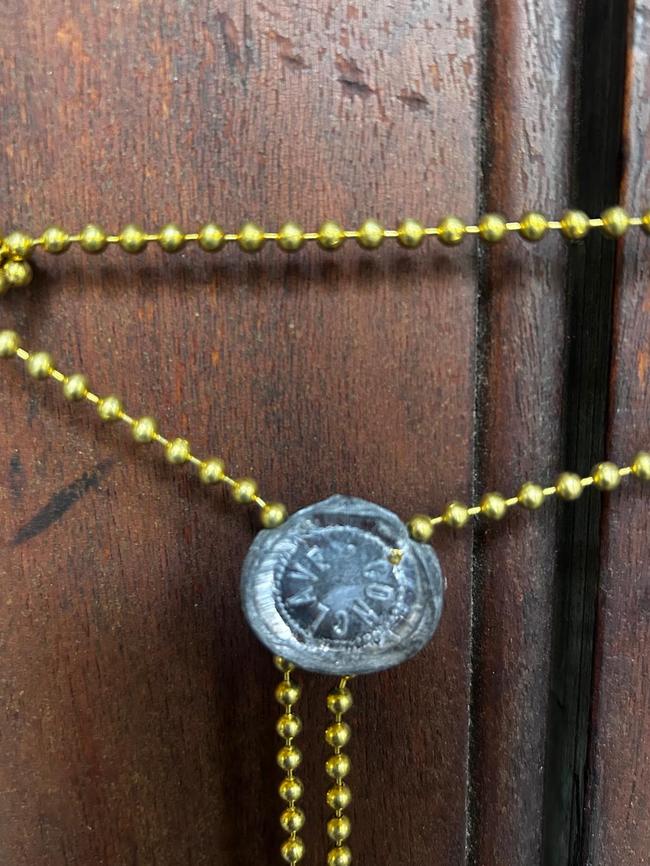
Meanwhile, Cardinal Tarcisio Isao Kikuchi of Japan told Italian newspaper La Repubblica that the Asian cardinals would likely vote for just one or two candidates, which could give them more power than the splintered Europeans.
“We will see the first ballot, and we will see which name will appear as the leading candidate, and I am sure that one of them will come from Asia. And then we will have some discussions tomorrow night,” he said.
The Wall Street Journal

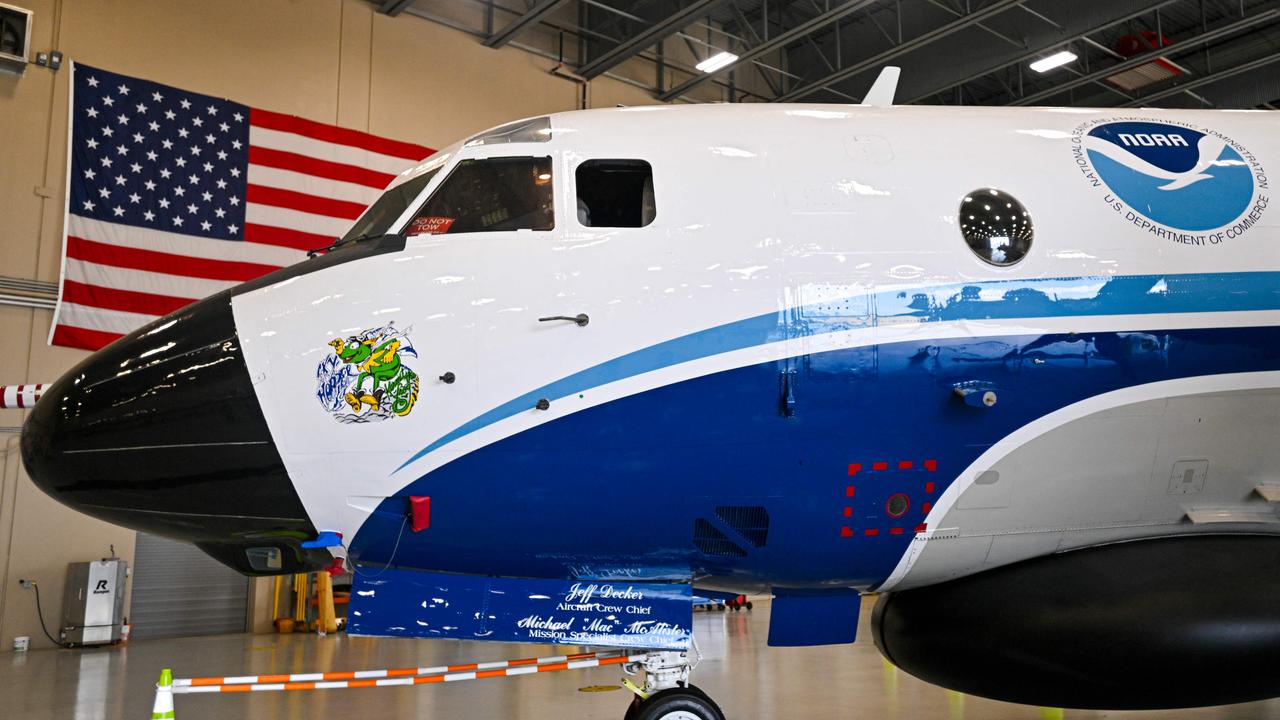
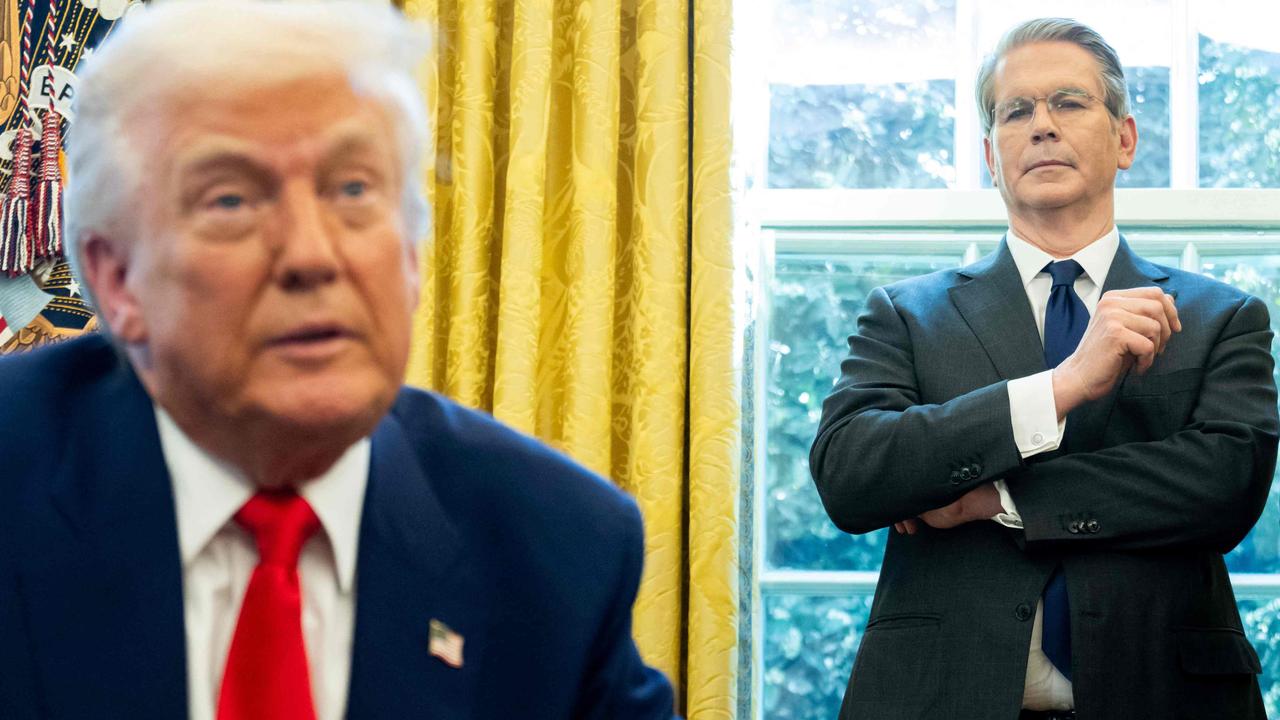
To join the conversation, please log in. Don't have an account? Register
Join the conversation, you are commenting as Logout